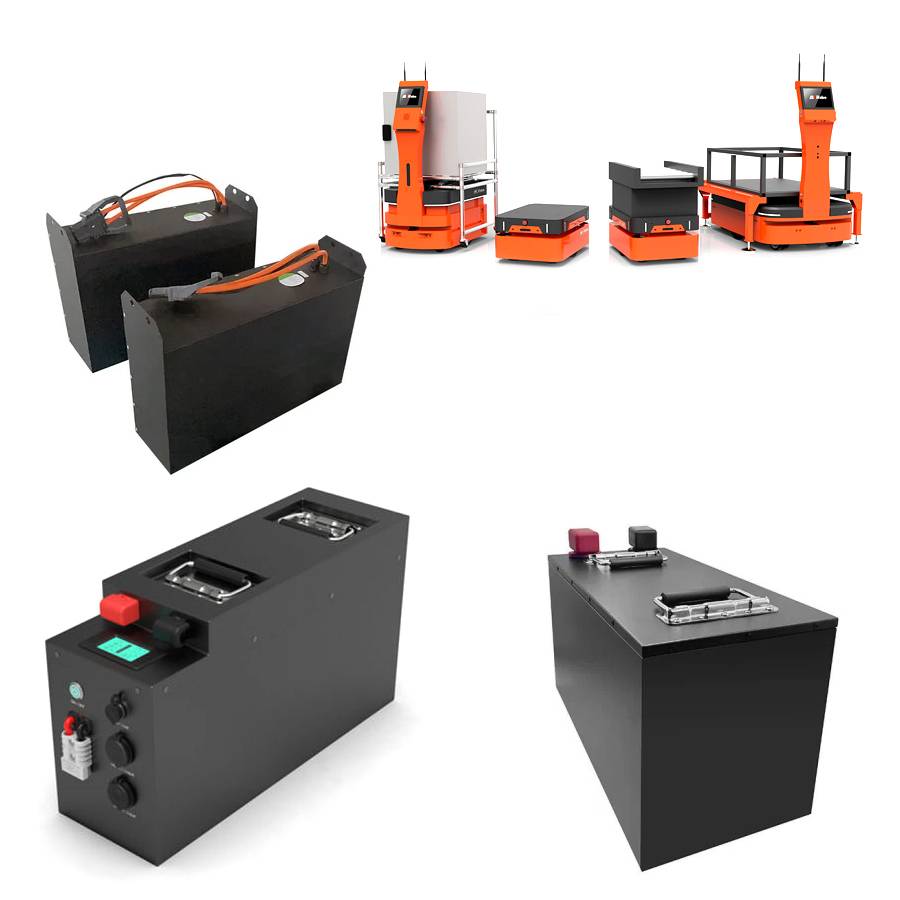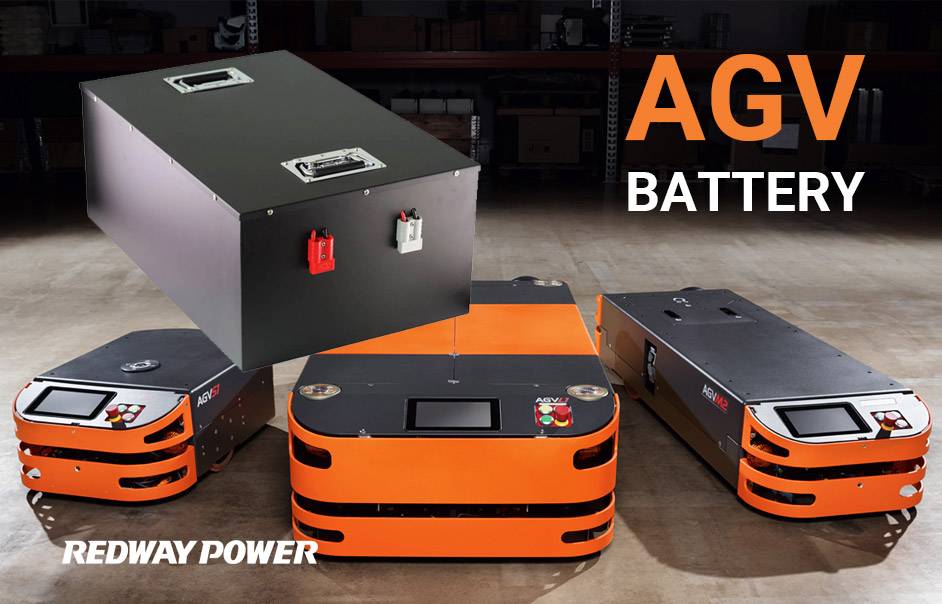AGV & AMR Lithium Batteries Factory Wholesale
AGV & AMR Lithium Batteries, One-Stop Solution
Redway Power specializes in AGV & AMR Lithium Batteries, meticulously designed for automated vehicles and robots in industrial settings. These rechargeable lithium-ion batteries, crafted by Redway, power the electric motors and control systems of AGVs and AMRs.
Known for their high energy density and lightweight design, Redway Power's AGV & AMR Lithium Batteries ensure efficient and continuous operation in demanding industrial automation environments. Tailored to enhance the efficiency, flexibility, and reliability of AGVs and AMRs, these batteries exemplify Redway Power's commitment to providing cutting-edge power solutions that drive the seamless and autonomous performance of automated vehicles and robots in diverse industries.
Best AGV & AMR Lithium Batteries Manufacturer 2024
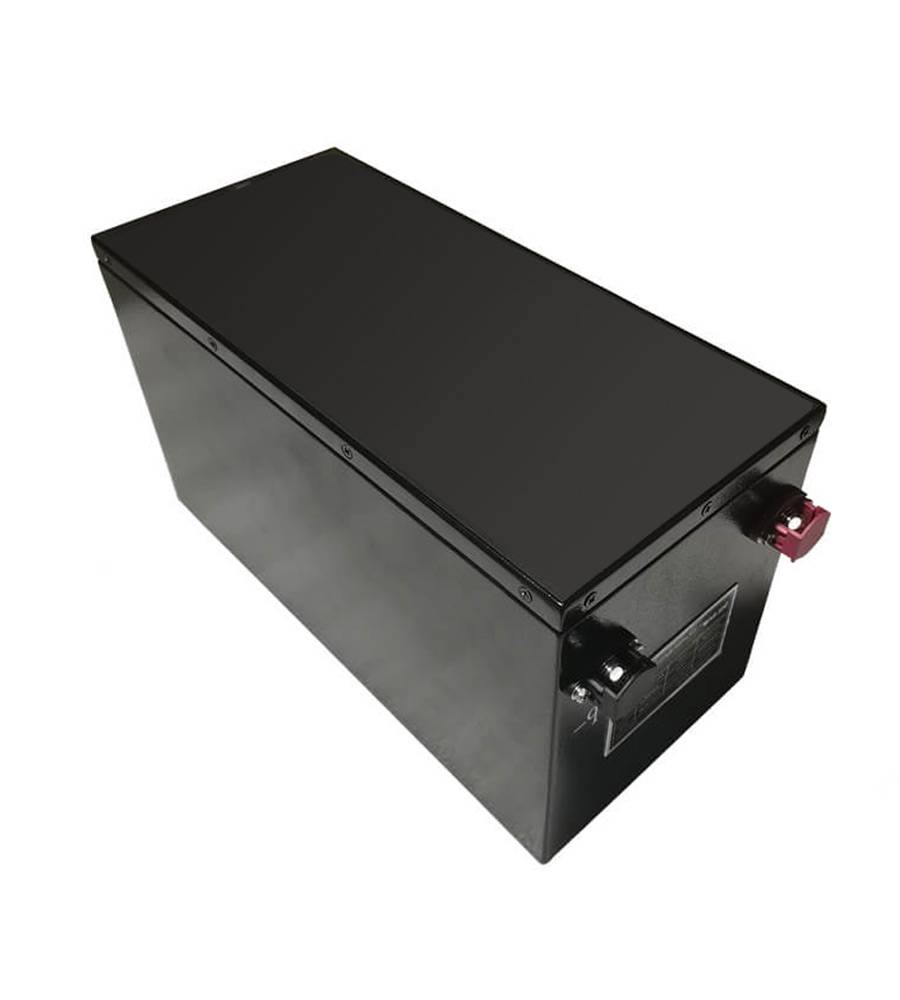
24V 60Ah
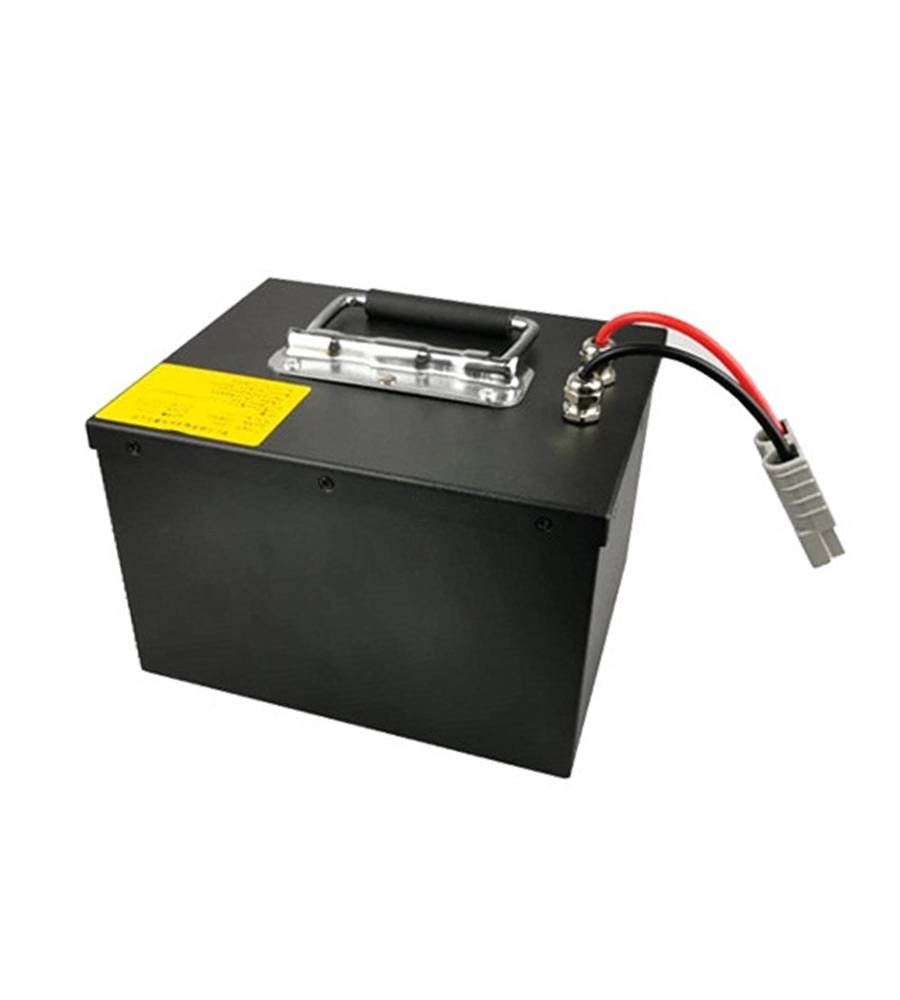
24V 50Ah
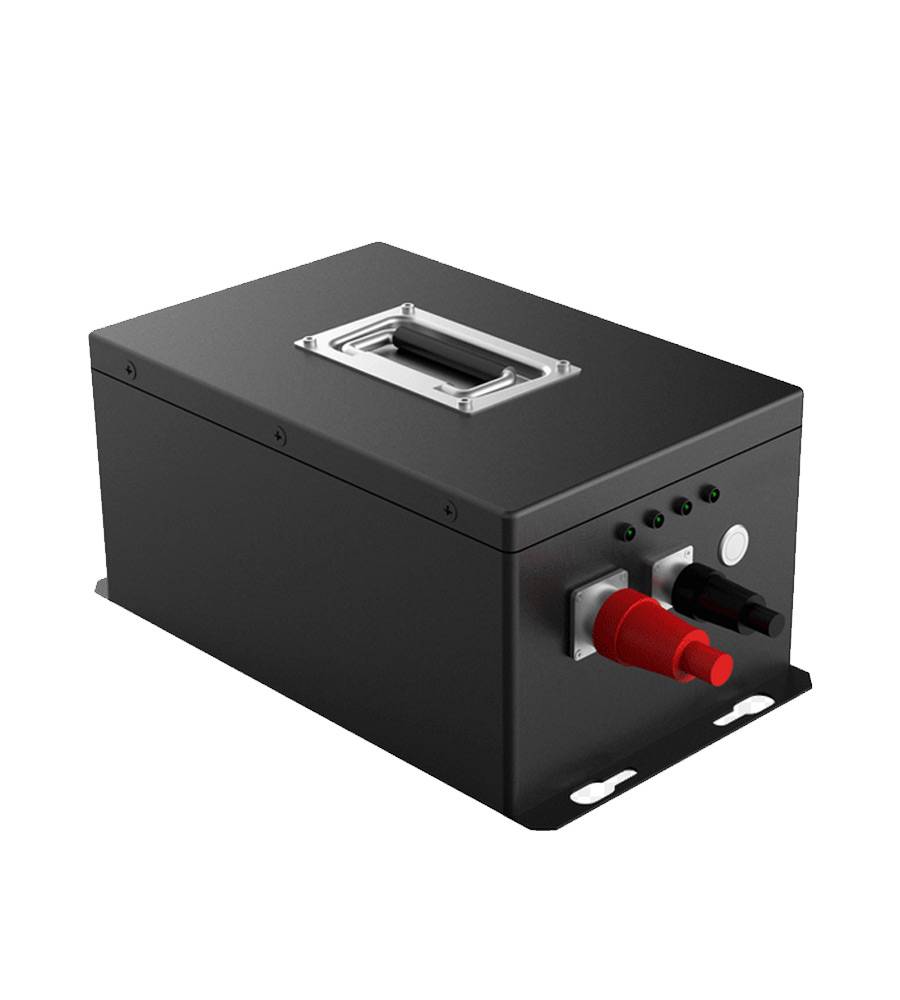
36V 20Ah
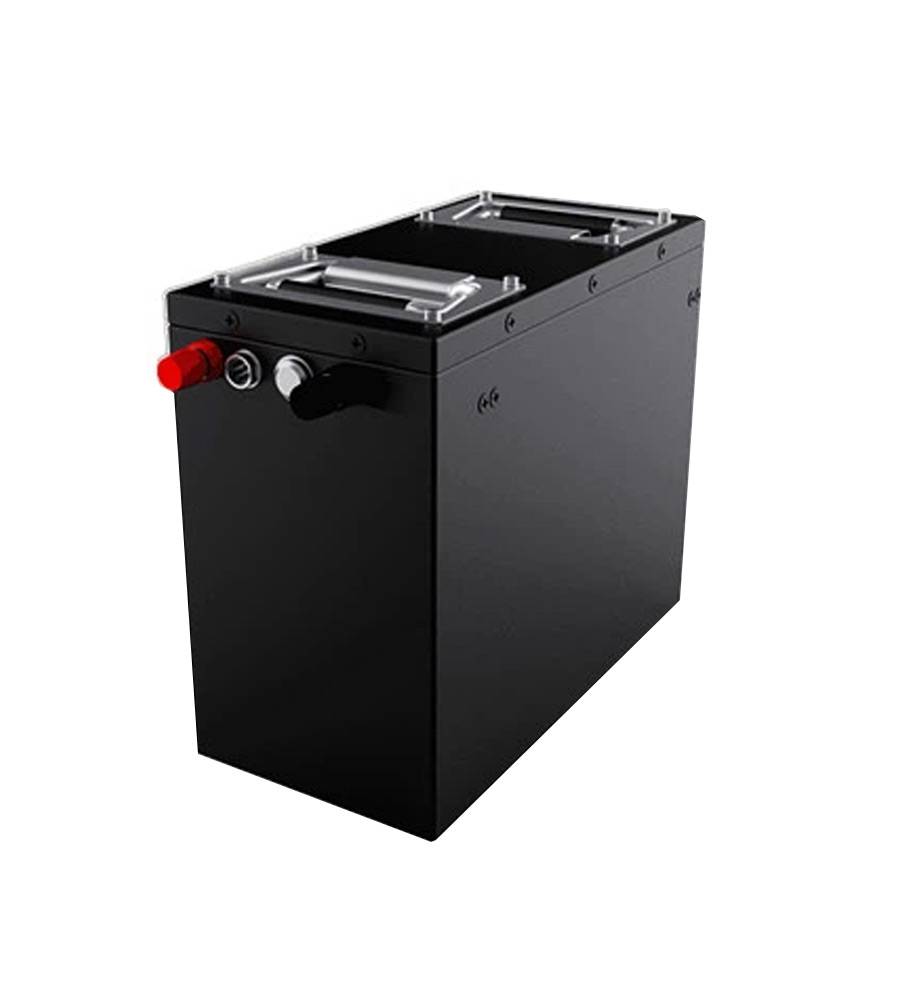
48V 25Ah
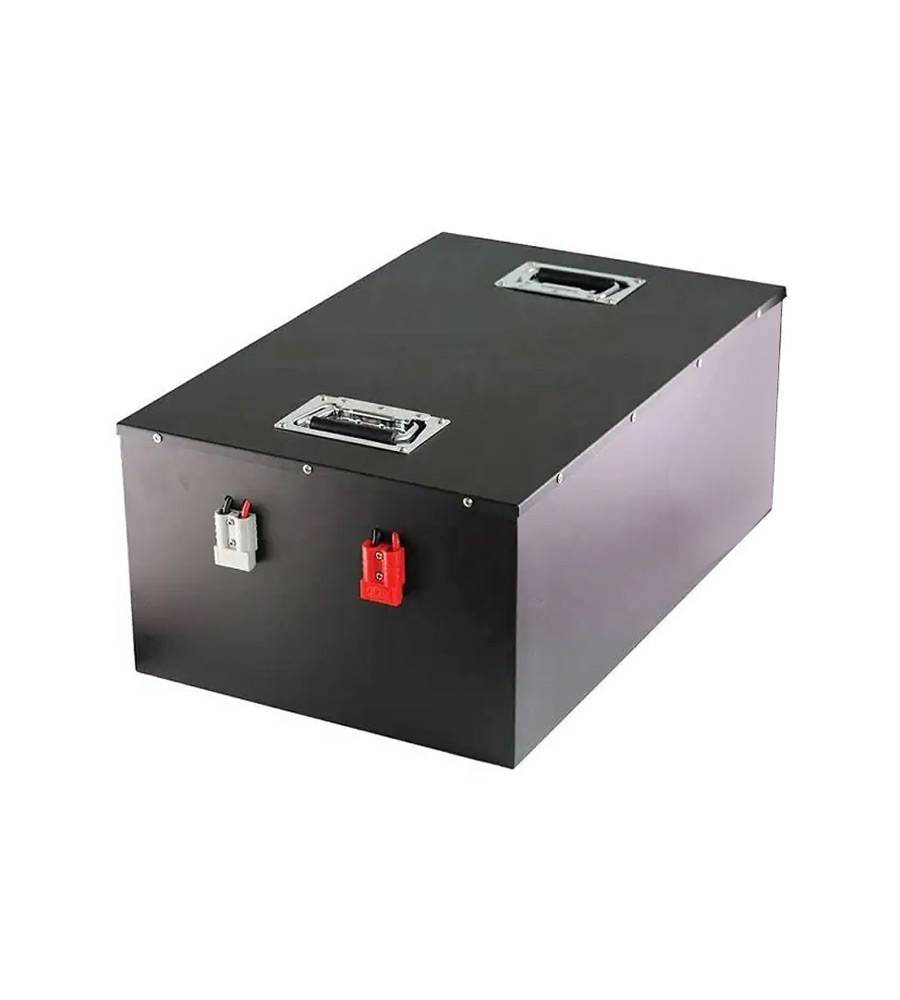
48V 200Ah
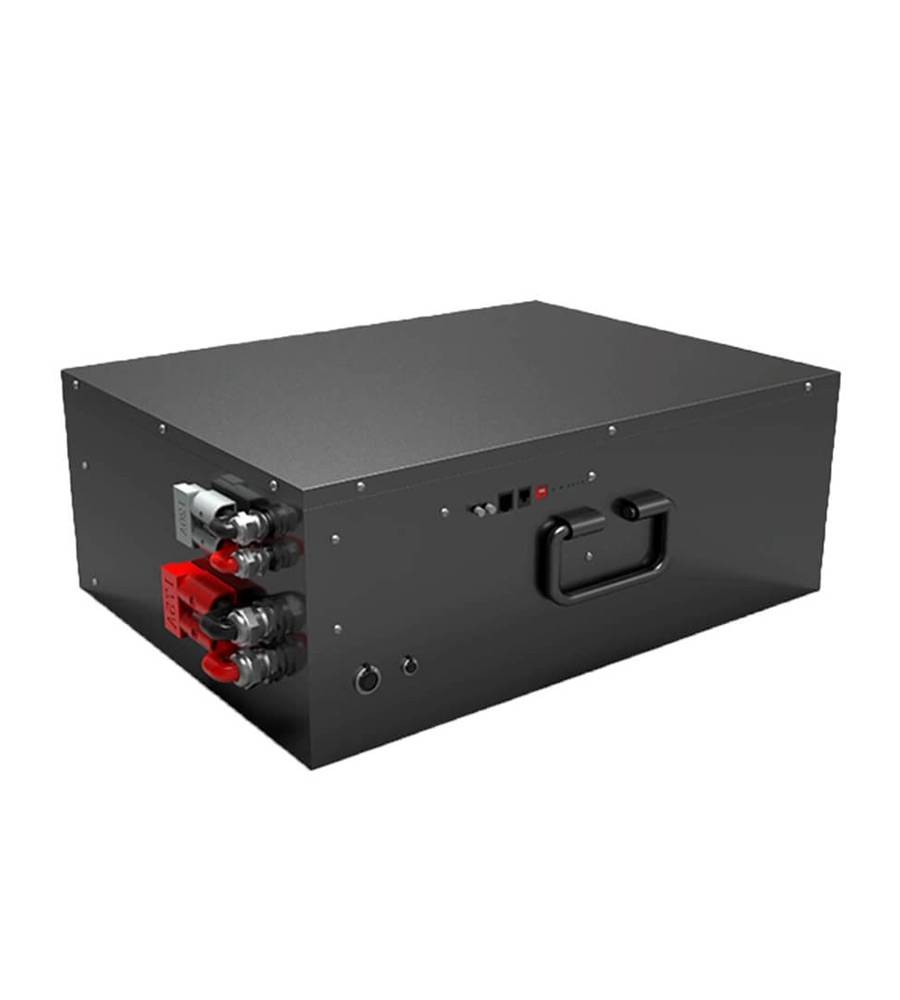
48V 250ah
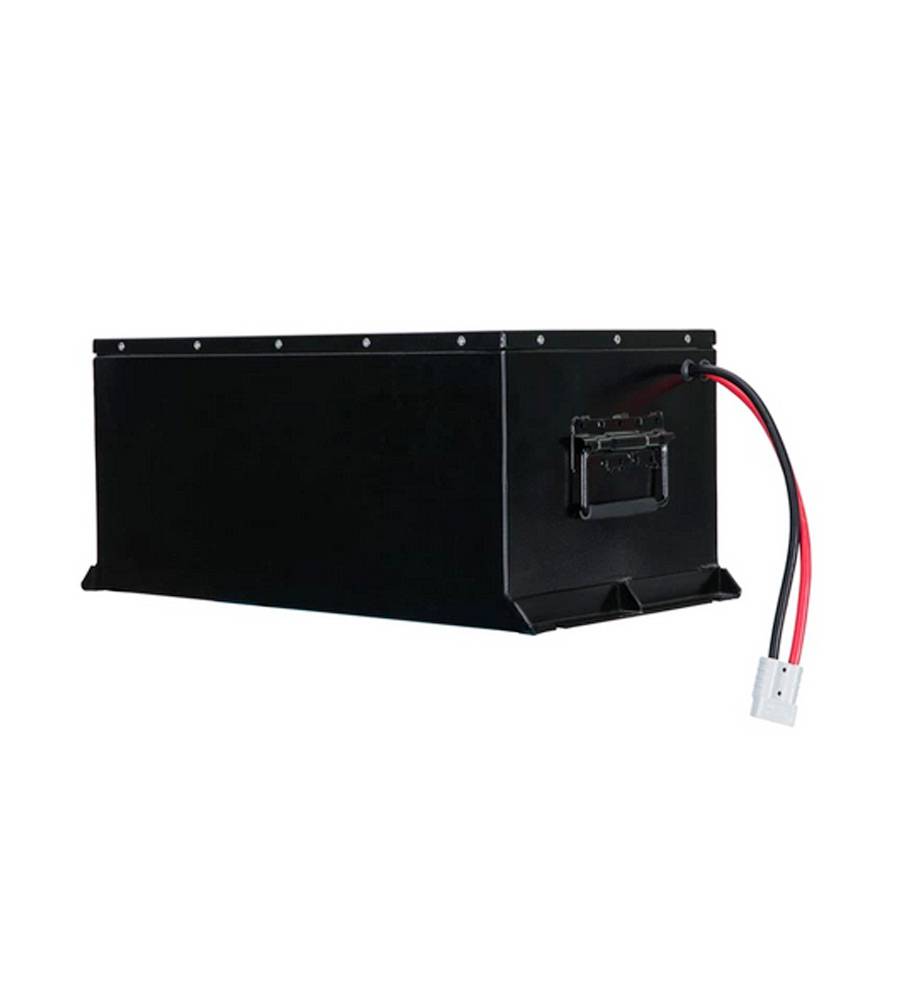
60V 60Ah
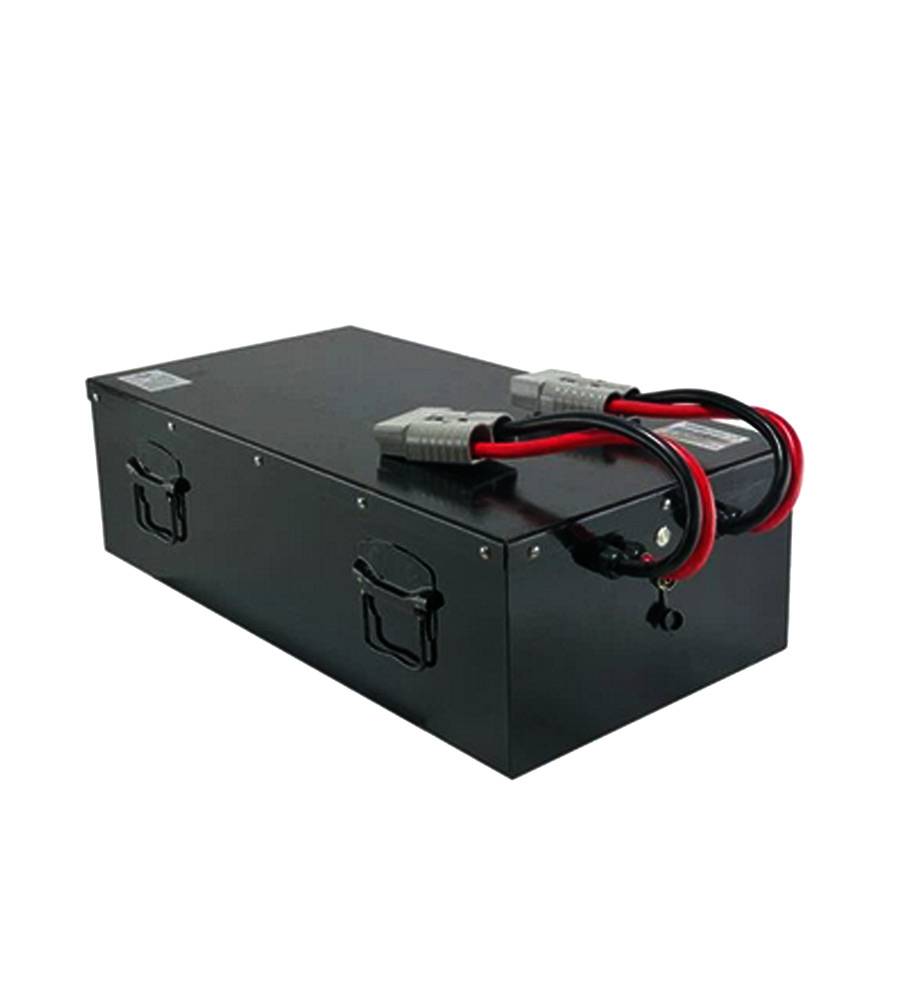
72V 350Ah
What is the wholesale price of lithium battery?
You can click contact us or phone call us. We will give you multiple options of price.
Is Redway Power a trading company or factory?
Redway Power is a company with its own factory, integrating research, development, production, and sales.
How about the quality of Redway's LiFePo4 Battery product?
Redway Power boasts over 12 years of experience in LiFePO4 battery production and is an authorized supplier for CATL and BYD.
Can you do an OEM/ODM project?
Yes, we have engineers available to assist in designing and developing any related products.
What’s your MOQ?
MOQ varies according to battery voltage and capacity.
What payment terms can we accept?
We accept TT/Paypal/West Union, etc.
AGV & AMR Lithium Batteries Knowledge
Lithium-ion batteries offer higher energy density, longer cycle life, and faster charging times, making them the recommended choice for AGV and AMR applications. These batteries enhance industrial automation by providing durable, efficient, and safe power solutions. With benefits like faster charge times, longer runtime, and greater safety, lithium-ion batteries contribute to improved productivity and profitability in AGV and AMR fleets.
How are AGV batteries used in automated guided vehicles?

- Energy Supply for AGVs:
- AGV batteries serve as the primary source of energy for automated guided vehicles, enabling them to carry out their tasks efficiently.
- These batteries provide the necessary power to drive the AGVs and support their various functions.
- Continuous Operation:
- AGVs often operate around the clock, requiring batteries that can supply sufficient energy and endure continuous usage.
- These batteries are designed to meet the demands of continuous operation in various industrial settings.
- Automatic Navigation to Charging Stations:
- AGVs are equipped with advanced systems that enable them to navigate automatically to charging stations when the battery level is low.
- This feature ensures seamless recharging and minimizes downtime, allowing for sustained performance.
What are the key features to consider when choosing a battery for an AGV?
- Long Cycle Life:
- AGVs require batteries with a long cycle life to support their demanding operational needs.
- Batteries with a long cycle life can withstand frequent charging and discharging cycles without significant degradation.
- High Energy Density:
- AGVs rely on batteries with high energy density to provide sufficient power for extended periods of operation.
- Batteries with high energy density offer longer run times, enabling AGVs to perform their tasks efficiently.
- Resistance to Shock and Vibration:
- AGVs operate in dynamic environments and are exposed to shocks and vibrations during their operation.
- Batteries with resistance to shock and vibration can endure these conditions and maintain stable performance.
- Compatibility with Communication Protocol:
- Consider the compatibility between the battery and the AGV system’s communication protocol.
- Effective communication between the battery and the AGV system is crucial for monitoring and control purposes.
How does the battery play a crucial role in the performance and operation of an AGV?
- Energy Supply:
- AGV batteries serve as the primary source of energy, supplying the necessary power to drive the AGV and support its various functions.
- These batteries ensure uninterrupted operation by providing a consistent and reliable energy supply.
- Rechargeability:
- AGV batteries can be recharged to replenish their energy levels, allowing the AGV to continue its operations without interruption.
- AGVs are designed to navigate automatically to charging stations when the battery level is low, ensuring timely recharging.
- Safety and Reliability:
- AGV batteries are designed with features that prioritize safety, reliability, and environmental friendliness.
- These batteries meet the high-performance requirements of AGVs, providing consistent and reliable power to support their operation.
What are the advantages of using batteries in automated mobile robots (AMRs)?
The advantages of using batteries in automated mobile robots (AMRs) include near continuous, non-stop service, flexibility, faster charging times, lower maintenance requirements, and increased efficiency and productivity in manufacturing and distribution centers.

- Continuous Service:
- AMRs powered by batteries can provide near continuous, non-stop service, eliminating or minimizing downtime.
- This continuous operation enhances productivity and efficiency in various applications.
- Flexibility and Adaptability:
- Battery-powered AMRs offer greater flexibility and adaptability compared to traditional combinations of automated guided vehicles (AGVs) and conveyors.
- They can navigate dynamic environments, adjust routes, and perform various tasks, optimizing operations.
- Faster Charging and Lower Maintenance:
- Battery technology, such as lithium-ion batteries, enables faster charging times, reducing downtime and increasing operational efficiency.
- Batteries require lower maintenance compared to other power sources, resulting in reduced operational costs and increased uptime.
- Increased Efficiency and Productivity:
- The use of batteries in AMRs contributes to increased efficiency and productivity in manufacturing and distribution centers.
- AMRs can perform tasks autonomously, optimizing material transport, order picking, and other operations.
What are the components and characteristics of an AGV battery pack?
- Battery Cells:
- AGV battery packs consist of multiple battery cells connected in series or parallel configuration.
- These battery cells store electrical energy and deliver it to power the AGV.
- Battery Management System (BMS):
- The AGV battery pack incorporates a BMS, which manages and monitors the performance of the battery.
- The BMS ensures the safe and efficient operation of the battery pack by monitoring voltage, current, temperature, and state of charge.
- Voltage and Capacity:
- AGV battery packs have specific voltage and capacity ratings that determine the amount of electrical energy they can store and deliver.
- The voltage and capacity of the battery pack are selected based on the power requirements of the AGV and the desired runtime.
- Safety Features:
- AGV battery packs are equipped with safety features to protect against overcharging, over-discharging, and excessive temperature.
- These safety features ensure the safe operation of the battery pack and prevent damage to the AGV and the battery itself.
How do AGV battery systems contribute to the overall efficiency and reliability of AGVs?
- Continuous Operation:
- AGV battery systems ensure continuous operation by providing a reliable and uninterrupted power supply to the AGVs.
- This enables AGVs to perform their tasks consistently without the need for frequent downtime.
- Optimized Charging:
- AGV battery systems incorporate intelligent charging algorithms and strategies to optimize the charging process.
- This ensures efficient charging, minimizing charging time and maximizing operational uptime.
- Enhanced Performance:
- AGV battery systems are designed to deliver the required power output consistently, contributing to the overall efficiency and effectiveness of AGVs.
- Reliable and efficient battery systems enhance the performance and productivity of AGVs in various applications.
- Safety and Reliability:
- AGV battery systems prioritize safety and reliability, incorporating features to protect against overcharging, over-discharging, and excessive temperature.
- These features ensure the safe and reliable operation of AGVs, minimizing the risk of battery-related issues.
What are the similarities and differences between AGV batteries and traditional car batteries?
- Similarities:
- Battery Type: AGV batteries and traditional car batteries can both fall into various types, such as lead-acid, lithium-ion, or nickel-metal hydride (NiMH).
- Energy Storage: Both types of batteries store electrical energy and provide power for their respective applications.
- Differences:
- Design and Construction: AGV batteries are designed with specific features to meet the demands of AGV applications, such as high energy density, shock resistance, and compact size. Traditional car batteries are designed for automotive applications and may have different form factors and construction.
- Power Requirements: AGV batteries are designed to provide the necessary power for AGVs to perform their tasks, including navigation, material handling, and transportation. Traditional car batteries are designed to provide power for starting the engine and running vehicle systems.
- Charging and Maintenance: AGV batteries may have specific charging requirements and maintenance procedures tailored to AGV applications. Traditional car batteries may have different charging needs and maintenance requirements associated with automotive use.
What are the benefits and features of using LiFePO4 batteries in AGVs?

- Safety Performance:
- LiFePO4 batteries are known for their inherent safety performance, reducing the risk of accidents or battery-related incidents in AGVs.
- They have a lower risk of thermal runaway and are considered a safe and reliable choice.
- Energy Efficiency:
- LiFePO4 batteries offer higher energy efficiency compared to traditional lead-acid batteries commonly used in AGVs.
- They have a higher charging and discharging efficiency, resulting in less energy loss and improved overall efficiency.
- Longer Cycle Life:
- LiFePO4 batteries have a significantly longer cycle life compared to lead-acid batteries.
- They can endure a higher number of charge and discharge cycles without significant degradation, increasing the lifespan of the battery pack.
- Higher Energy Density:
- LiFePO4 batteries offer higher energy density, allowing them to store more energy in a smaller and lighter package.
- This higher energy density enables AGVs to operate for longer periods without frequent recharging.
What are the advantages and considerations of using lithium-ion batteries in AGVs?
- Advantages:
- Faster Charging: Lithium-ion batteries charge at a much faster rate, reducing charging times and increasing operational efficiency.
- Higher Energy Density: Lithium-ion batteries have higher energy density, allowing AGVs to operate for longer periods without frequent recharging.
- Lower Maintenance: Lithium-ion batteries have lower maintenance requirements compared to lead-acid batteries, reducing maintenance efforts and costs.
- Longer Cycle Life: Lithium-ion batteries have a longer cycle life, enduring a higher number of charge and discharge cycles without significant degradation.
- Considerations:
- Cost: Lithium-ion batteries may have a higher upfront cost compared to traditional lead-acid batteries. However, the long-term benefits and performance often outweigh the initial investment.
- Safety: Proper handling, charging, and storage practices should be followed to ensure the safe use of lithium-ion batteries.
How do lithium-ion batteries in AGVs impact their performance and lifespan?
- Enhanced Performance:
- Lithium-ion batteries provide higher energy density, enabling AGVs to handle heavier loads and navigate longer distances.
- AGVs powered by lithium-ion batteries demonstrate improved performance and efficiency in their operations.
- Faster Charging:
- Lithium-ion batteries have shorter charging times compared to traditional batteries, reducing overall downtime and increasing AGV availability.
- AGVs can be charged quickly, allowing for more frequent use and increased productivity.
- Longer Lifespan:
- Lithium-ion batteries have a longer lifespan compared to traditional batteries, such as lead-acid batteries.
- They can endure a higher number of charge and discharge cycles without significant degradation, resulting in a longer service life for the battery pack.
- Lower Maintenance:
- Lithium-ion batteries have lower maintenance requirements compared to traditional batteries.
- They do not require regular watering or equalization, reducing maintenance efforts and costs.
What are AGVs and how do they operate?
- Definition of AGVs: AGVs are material handling systems or load carriers that operate autonomously in industrial environments. They travel throughout warehouses, distribution centers, or manufacturing facilities without the need for an onboard operator or driver. AGVs use advanced navigation technologies to navigate and transport materials efficiently.
- Autonomous Operation: AGVs operate autonomously, following pre-determined paths or using advanced navigation systems. They can navigate through complex environments, avoiding obstacles and optimizing their routes. This autonomous operation eliminates the need for human intervention, improving efficiency and reducing the risk of accidents.
- Benefits and Applications: AGVs offer numerous benefits in industrial settings. They enhance productivity by streamlining material handling processes, reducing manual labor, and minimizing errors. AGVs are commonly used in warehouses, distribution centers, and manufacturing facilities to transport goods, optimize inventory management, and improve overall operational efficiency.
What are AGV Lithium Batteries?
AGV lithium batteries, such as Lithium SAFEFlex batteries from Green Cubes Technology, are designed to power Automated Guided Vehicles (AGVs) in industrial applications. These batteries offer higher energy density, longer cycle life, and faster charging times compared to traditional battery technologies. Equipped with advanced safety features and Battery Management System (BMS) boards, AGV lithium batteries ensure reliable and efficient power solutions for AGVs in various industrial environments.
What are AMR Lithium Batteries?
AMR lithium batteries, such as the AGV and AMR lithium batteries from Green Cubes Technology, are designed to power Autonomous Mobile Robots (AMRs) in industrial applications. These batteries offer higher energy density, longer cycle life, and faster charging times compared to traditional battery technologies. With advanced safety features and Battery Management System (BMS) boards, AMR lithium batteries provide a reliable and efficient power solution for AMRs in various industries.
How do lithium batteries improve AGVs and AMRs?
Lithium batteries, such as the AGV and AMR lithium battery solutions from Green Cubes Technology, improve AGVs and AMRs by providing a significantly longer life cycle and faster charging capabilities. These batteries offer superior energy density, longer-lasting energy, and lower maintenance requirements. With their lightweight design, lithium batteries enhance the agility and performance of AGVs and AMRs in various industrial applications.
What is the lifespan of lithium batteries used in AGVs and AMRs?
The lifespan of lithium batteries used in AGVs and AMRs can vary depending on usage patterns and maintenance practices. While there is no specific lifespan mentioned in the current featured snippets, lithium batteries can last as long as 20 hours once fully charged. Additionally, lithium batteries offer a longer cycle life compared to other battery technologies, providing reliable power for AGVs and AMRs over an extended period.
What are Protective Measures for Lithium Batteries in AGVs and AMRs?
Protective measures for lithium batteries in AGVs and AMRs include the use of Battery Management System (BMS) boards with safety features, compliance with safety standards for industrial mobile robots, and implementing quality control measures. The BMS provides overcharge protection, over-discharge protection, and temperature monitoring. Compliance with safety standards ensures hazard identification and risk assessment. Implementing quality control measures ensures the safety and performance of lithium batteries in AGVs and AMRs.
Are lithium AGV and AMR batteries suitable for use in extreme temperatures?
Lithium AGV and AMR batteries, including lithium iron phosphate batteries, are suitable for use in extreme temperatures. These batteries offer high energy density, longer lifespan, and exceptional durability. Lithium iron phosphate batteries, in particular, do not suffer from thermal runaway or short circuits, making them an ideal choice for extreme environments. However, extreme temperatures can still impact the overall performance and efficiency of lithium batteries.
How can I optimize the energy efficiency of AGVs and AMRs using lithium batteries?
Optimizing the energy efficiency of AGVs and AMRs using lithium batteries involves strategies such as leveraging the high energy density, faster charging times, and longer runtime of lithium batteries. Implementing an advanced Battery Management System (BMS) further enhances energy efficiency by optimizing charging and discharging cycles. These measures increase overall productivity, reduce downtime, and result in cost savings for warehouses.
What Examples of Durable and High-Performance Lithium Ion Batteries Exist?
- Lithium Iron Phosphate (LiFePO4) Batteries: LiFePO4 batteries are known for their excellent thermal stability, long cycle life, and enhanced safety features. They offer a high energy density and are commonly used in electric vehicles, renewable energy storage systems, and portable devices.
- Lithium Cobalt Oxide (LiCoO2) Batteries: LiCoO2 batteries are widely used in consumer electronics due to their high energy density. They provide a reliable power source for smartphones, laptops, tablets, and other portable devices. However, they have a shorter cycle life compared to other lithium-ion battery types.
- Lithium Manganese Oxide (LiMn2O4) Batteries: LiMn2O4 batteries offer a balance between energy density, cost-effectiveness, and safety. They find applications in power tools, electric bikes, and medical devices. These batteries are known for their stability and long cycle life.
What Top Lithium Ion Batteries Are Recommended for Robotics and AGVs?
- Lithium SAFEFlex Batteries: Lithium SAFEFlex batteries are highly recommended for robotics and AGVs due to their exceptional durability. These batteries are equipped with a Battery Management System that prevents overcharging and undercharging, ensuring optimal performance in the tough environments where AGVs operate.
- Lithium Battery Company: The Lithium Battery Company specializes in providing lithium-ion batteries specifically designed for robotics applications. Their batteries offer reliable power solutions, catering to the unique requirements of AGVs and robotics systems.


